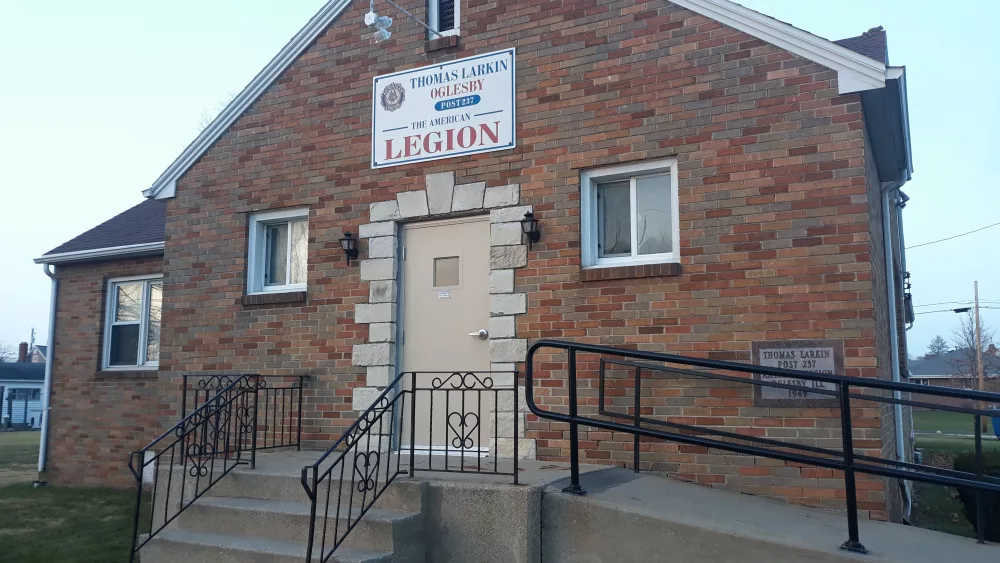
CHICAGO – As part of the State of Illinois’ efforts to protect children from lead poisoning and in recognition of Childhood Lead Poisoning Prevention Week, the Illinois Department of Public Health is offering $12 million in grant opportunities to local municipalities and community groups to help residential property owners with lead abatement and mitigation projects. While the primary source of lead exposure is contaminated dust created by deteriorated lead-based paint, it can also be caused by lead in soil, water, or other products containing lead. Illinois has approximately 2 million homes that contain lead hazards. Exposure to lead may cause damage to the brain and nervous system, slowed growth and development, learning and behavioral problems, and even coma and death can occur at severely high levels.
“Illinois is pleased to join with health care professionals, agencies, and their delegates in observance of National Lead Poisoning Prevention Week this October,” said Governor JB Pritzker.
IDPH is currently accepting applications through November 18 from local municipalities and community action agencies for up to $12 million in grants from the Comprehensive Lead Education, Reduction, and Window Replacement (CLEAR-Win) program. Applications must be submitted through the web-based “EGrAMS” system (Electronic Grants Administration and Management System) utilized by IDPH for end-to-end grants management.
CLEAR-Win is run by IDPH’s Division of Environmental Health with the goal of assisting residential property owners of single-family homes and multi-unit residential properties to reduce lead paint and leaded plumbing hazards in qualified residential properties by replacing old windows and other lead hazard control techniques. The program aims to increase lead-safe housing, reduce childhood lead exposure, and reduce the financial burden of lead mitigation for low-income residential property owners.
Governor JB Pritzker issued a proclamation declaring October 23-29 as Lead Poisoning Prevention Week in Illinois.
Anyone can be exposed to lead, but children are at greatest risk. Lead can also be passed from a pregnant person to their unborn child. All children ages 6 and younger are required to be evaluated for lead exposure risks by their physician and receive a blood test, if necessary. The Illinois Lead Program recommends all children be evaluated or tested as indicated at ages 12 months and 24 months, and 3, 4, 5, and 6 years of age. IDPH also recommends that pregnant persons be evaluated for lead exposure and tested if deemed necessary.









